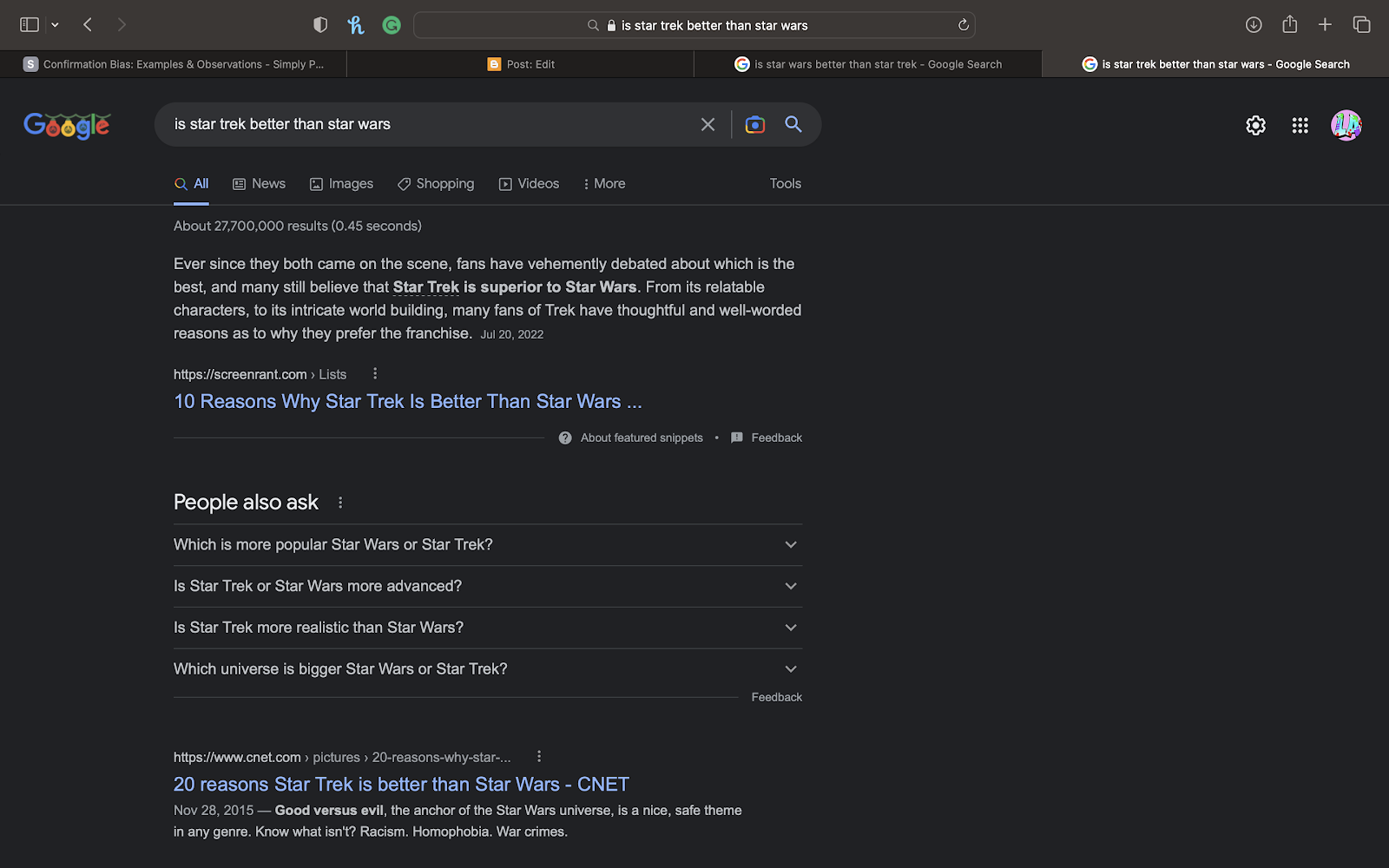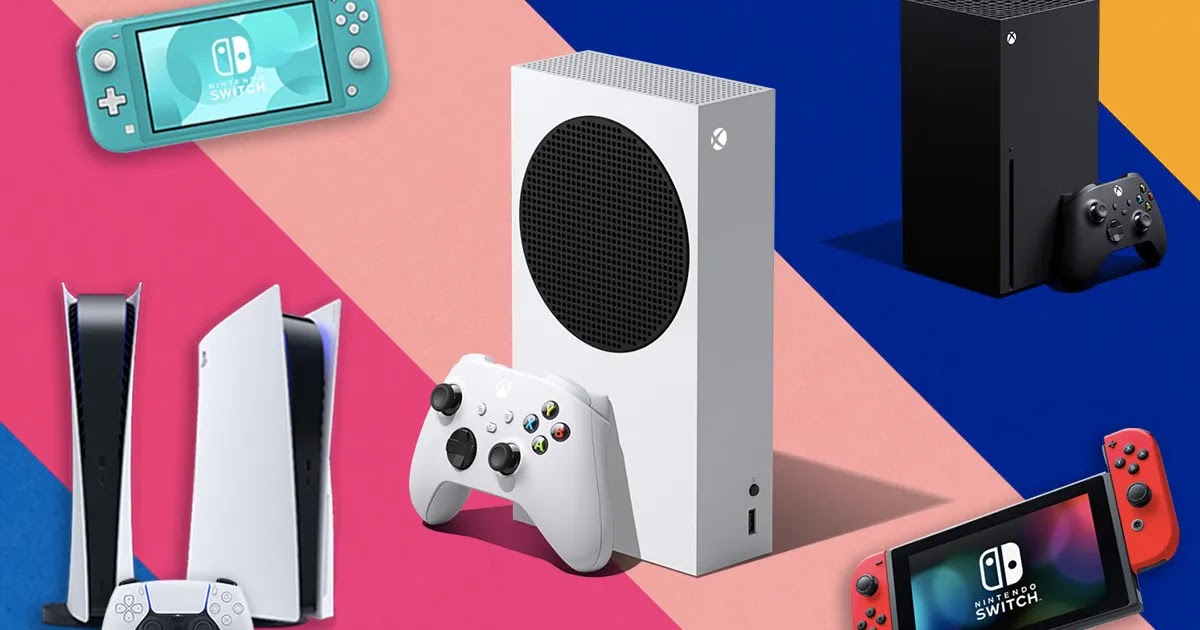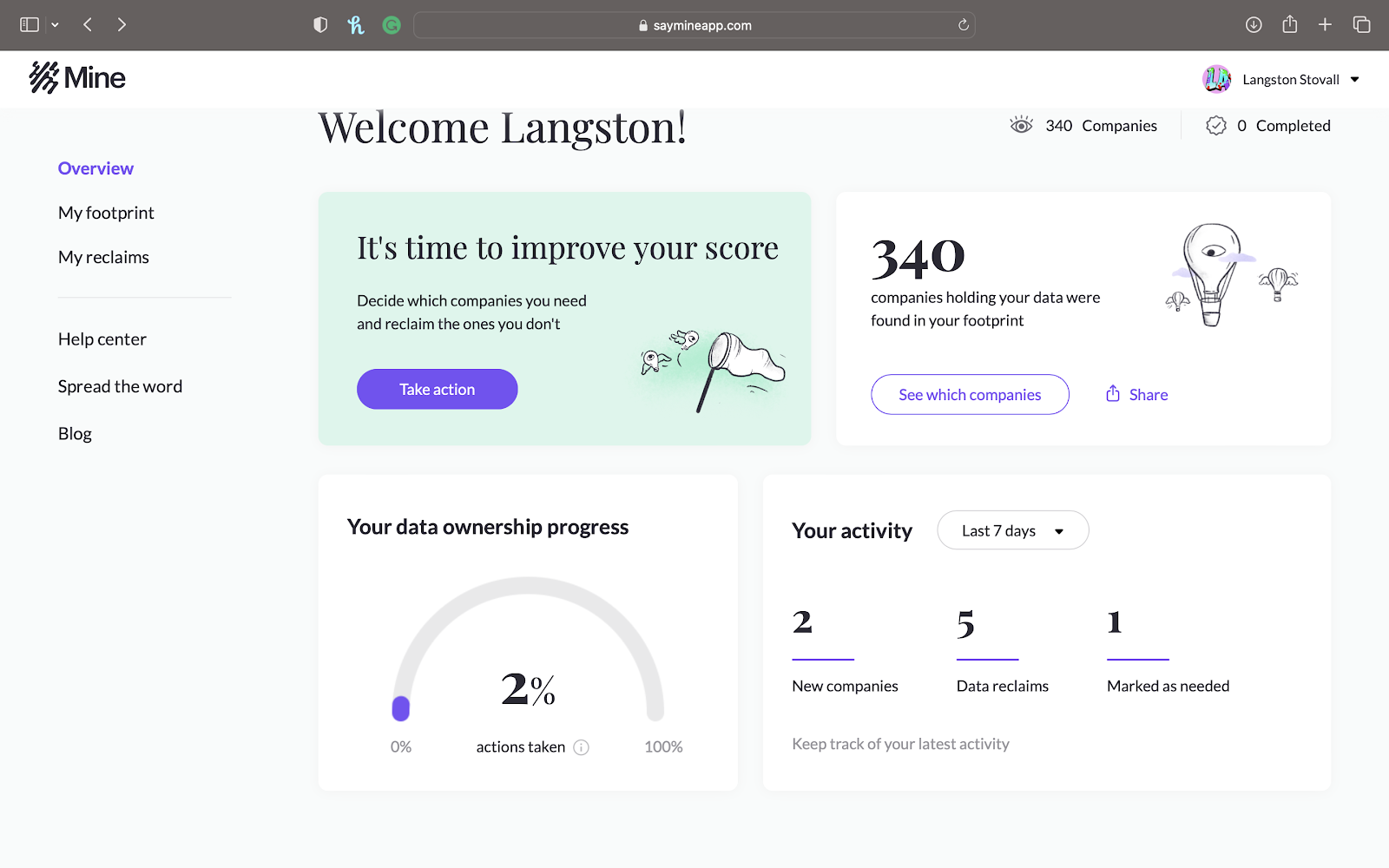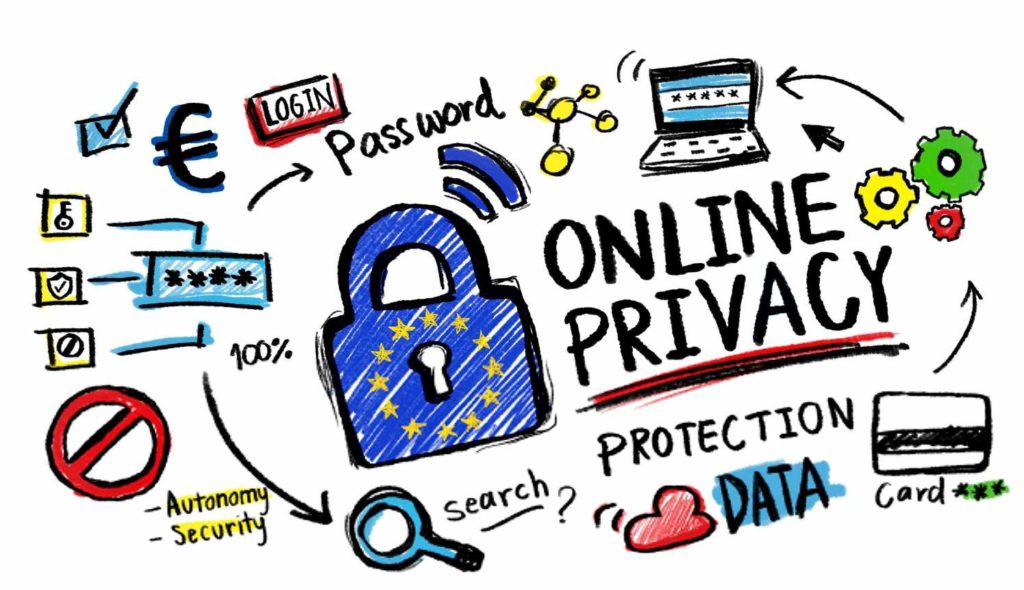Langston's Media Blog
Wednesday, December 14, 2022
Technology:How it has affected me
Five Eyes
Today's presentation that really sparked my thinking was the one on the Five Eyes that Maddie gave. So the Five Eyes is an agreement between five countries Australia, Canada, New Zealand, United Kingdom, and America. In this agreement, these five countries agreed to share almost all their data with each other to keep their "eyes" on countries and people at risk. Usually, surveillance on this level would really not be a problem plenty of countries keep eye on people of risks for the safety of everyday people and their country. The problem with the Five Eyes is how secretive and intrusive they were. Maddie mentioned a program they used called ECHELON, and this allowed them to hack and infiltrate Soviet satellite signals, which in turn allowed them to infiltrate call, fax, and email signals all around the world. In essence, no one's information is secret. I did some of my own research to see more about what else the Five Eyes did. A major one I found is that the Five Eyes tapped Princess Diana's phone for years; more specifically, the USA did this. Currently, the US is said to have more than 1000 pages on the conversations Princess Diana had. What scares me most about this is if a substantial political figure like Princess Diana can get her phone tapped by a government that is not hers, what is stopping someone from one of the other five eyes countries from tapping one of our phones, just regular citizens. This use of technology should not be in the hands of anyone; it directly violates the civil liberties we have in America and the basic human rights we hold. The people of the Five Eyes organization have no shame or dignity just spying on people for their own personal ends.
The future of AI
What I Learned
As soon as the video started, it opened up to a very familiar game for me: Go. While Go is very popular in Asian countries, I learned it from my grandfather, who lived in the Philippines for a couple of years. While I was never good at it, and he would constantly beat me, it was interesting to see such an obscure game here in the states on the screen. So now, back to the video, this primary thing was teaching me the considerable impact Go had on the AI scene. It really makes you wonder, if Lee Sedol were to win that match, what would the future of AI look like. On the other hand, however, I feel like this Lee Sedol match was inevitable; even if he did win, that would only push humans to make a more advanced AI that would eventually be able to match a human. Also, later in the video Kai Fuli makes a quote saying, "So, in the age of AI where data is the new oil, China is the new Saudi Arabia." This quote stood out to me because it is so true in this new digital age; every country that has the most data on its people, or people, in general, will make money the quickest. We see this now with companies in America; Facebook and Google are so rich because they can profit off the data their millions of users give it.Why You Are Always Right

evidence is not trustworthy or even credible while on the other side people will take confirming evidence often times at face value and trust it almost immediately. Stanford did a study on this where they gave 48 students two studies; one supported capital punishment, and the other did not. When the students finished reading both articles, they both just believed their already preexisting opinions, and when asked about the opposing viewpoint, they considered it inferior to the one with confirming evidence.
The Illusion of Privacy
In one of the Ted Talks, Christopher Soghoian brings up how data companies use wiretapping to listen in on your phone calls and read your conversations. This invasion of privacy being done to American Citizens reminds me of another one that happened around three hundred years ago when King George forced the people of the colonies to house British soldiers. When these British soldiers were in your house, they would take up your food, a bed, and maybe your drinks. Most importantly, these soldiers symbolized a governmental overreach; they were forced into your home without your consent. They could also overhear conversations if needed, and while these scenarios are three hundred years apart, the end result is the same. The founding fathers banned the method of quartering with the third amendment because they saw the house as a private domain that should not be forcibly barged into. Nowadays, the government is taking up quarters in your house; this time, it is less evident. There is no soldier in your house to spy on you; instead, it is the laptop or phone you use to read this.
The one thing we as a people can do to fight off this wave is to be more conscious of how much we let the internet know about us; by the time you see this, it might be a bit too late, but there are still things we can do to stop the bleeding. One thing that can help is not to use password savers; these can be hacked, and while only 45 million Americans use these sorts of apps, that is still a lot of information floating around in the cloud waiting to be stolen. Also, downloading a virus scanner can significantly help you; while some are expensive, they are very effective. These are two small suggestions that I can find that I think would help people take back some of our privacy. While it is sad that we all will never be private in the growing digital age, at least we can try to take back some of our privacy.
Diffusion Theory of Bitcoin
The Wonders of Emojis
Technology:How it has affected me
In 2022, it feels like technology seems to follow me wherever I go. Whether I am at the house, library, or even the coffee shop, there are ...

-
The use of technology has become like a virus in society today; whereas before, owning a laptop or a smartphone was seen more as a privileg...
-
Step back a minute and think of all times when you feel you honestly lost a debate, whether it was sports, educational, or even political; w...
-
For as long as I can remember, I have been using emojis to express how I feel when I text. I was kind of surprised by their long history of...


















